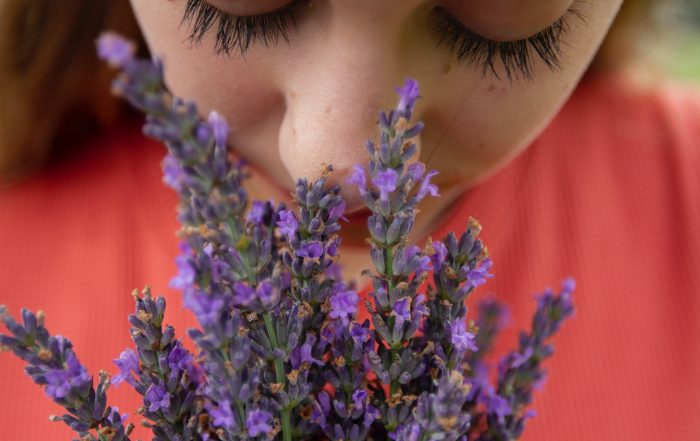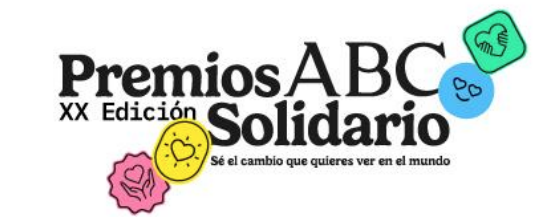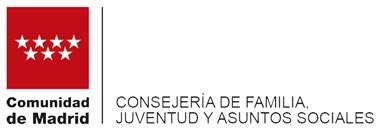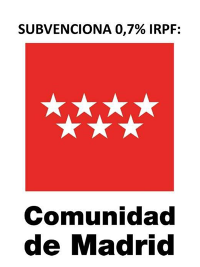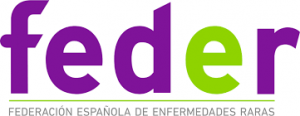Physiotherapist
The physiotherapist in Pediatric Physiotherapy works from a family-centered approach so that family members can use what they have learnt in different settings (home, school, park, swimming pool, etc.).
Physiotherapy for the respiratory system:
It is a specialist method that includes a variety of techniques for the prevention, treatment, and management of obstructive, restrictive, chronic, or acute lung illnesses.
Bronchiolitis, bronchitis, upper respiratory tract catarrh, asthma, cystic fibrosis, neuromuscular illnesses, degenerative diseases, bone changes or abnormalities affecting the rib cage or specific muscles, hypotonia, preterm, and other conditions may benefit from this therapy.
The neurodevelopment during the first years of life is the focus of physiotherapy:
Pediatric physiotherapy seeks to prevent, stabilize, improve, or normalize neurodevelopment in children.
Essentially, for children aged 0 to 6, to discover problems in the neurodevelopment of motor cognition as soon as possible.
For children suffering from hypotonia, preterm, psychomotor delay, developmental delay, congenital torticollis, congenital diseases, children who have had surgery, and so on.
Physiotherapy for children with neurological disorders:
Approach the problem from the Bobath perspective.
For children with neurodevelopmental problems, hypotonia, disorders (neuromuscular, degenerative, mitochondrial, metabolic, and so on), pre/peri/post-natal brain injury, and any other manifestation that may impair movement.
MOST RECENT POSTS ON OUR MEDICAL BLOG PLAYING WITH NEURONS
Los aromas relajantes pueden modificar nuestro cerebro
Un estudio ofrece esperanza en el tratamiento contra la demencia después de que los difusores ayudaran a mejorar el aprendizaje y la memoria. Los investigadores descubrieron que personas de entre 65 y 80 años expuestas [...]
Qué es la lisdexanfetamina y cómo afecta a las personas con TDAH: “Ayuda a mejorar la conducta y la atención en los estudios o en terapia”
Existen dos tipos de medicamentos para tratar el Trastorno por Déficit de Atención e Hiperactividad (TDAH): los fármacos estimulantes y no estimulantes. "La diferencia es el mecanismo de acción, es decir, dónde actúan a nivel [...]
Neuralink, empresa de Elon Musk, comenzará a probar sus implantes cerebrales en humanos
La start-up Neuralink, compañía de neurotecnología especializada en el desarrollo de interfaces cerebro-máquina implantables, propiedad del multimillonario Elon Musk, anunció la semana pasada que ha recibido la aprobación de la Administración de Alimentos y Medicamentos [...]



